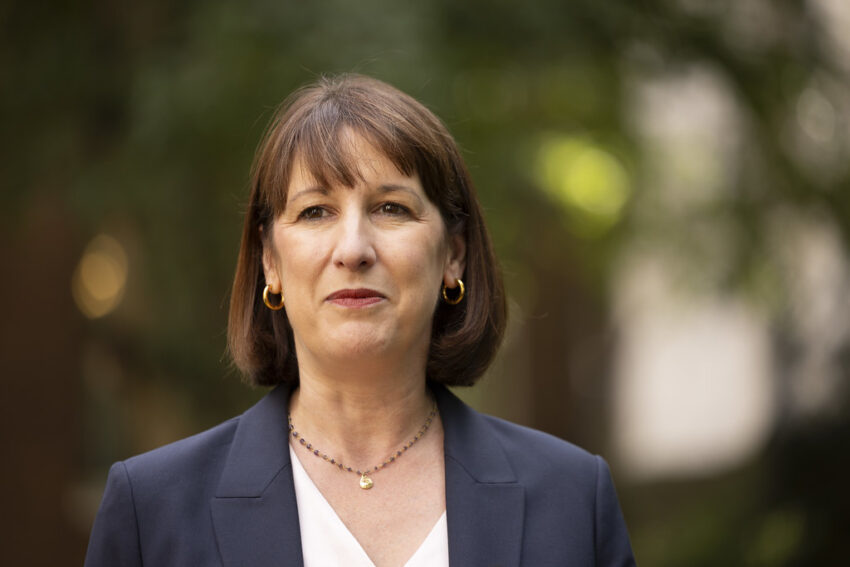As environmental challenges converge with technological progress, one engineer is spearheading efforts to create a more sustainable future in manufacturing.
Julius Adeyera, equipped with advanced engineering degrees and a commitment to environmental stewardship, is transforming approaches to industrial production and smart home technology.
The global plastic challenge
The numbers are stark: global plastic production has doubled in less than two decades, reaching 460 million tons by 2019. With plastics accounting for 3.4% of global greenhouse gas emissions, the need for innovative solutions has never been more urgent. Adeyera’s response to this challenge comes in the form of groundbreaking biobased resins for 3D printing applications.
“Innovation in manufacturing isn’t just about creating new products,” Adeyera explains. “It’s about reimagining how we can meet our industrial needs while protecting our environment.” His development of renewable resource-based resins offers a promising alternative to traditional petroleum-based materials, maintaining crucial performance standards while significantly reducing environmental impact.
From laboratory to living room
Adeyera’s influence extends beyond the manufacturing floor. As a board member of Mainlogix, a smart home technology company with operations spanning Canada and Nigeria, he’s helping bridge the gap between sustainable manufacturing and everyday living. The company’s integration of advanced engineering principles with smart technology demonstrates how sustainable innovation can enhance daily life.
Educational foundation
Adeyera’s journey began with a bachelor’s degree in mechanical engineering from Ladoke Akintola University of Technology in Oyo State, followed by a master’s degree in manufacturing engineering from Georgia Southern University. This solid educational foundation, combined with hands-on industry experience, has enabled him to approach environmental challenges from multiple angles.
A vision for the future
What sets Adeyera’s work apart is his holistic approach to sustainability. Rather than viewing environmental responsibility as a constraint, he sees it as a catalyst for innovation. His biobased resins aren’t merely substitutes for existing materials; they represent a new way of thinking about manufacturing processes and their environmental impact.
The implications of Adeyera’s work extend far beyond immediate applications. As industries worldwide grapple with the need to reduce their environmental footprint while maintaining productivity, his innovations offer a blueprint for sustainable development that doesn’t compromise on performance.
Through his multifaceted contributions to manufacturing research and smart home technology, Julius Adeyera is demonstrating that sustainability and innovation aren’t just compatible – they’re inseparable components of future industrial development. His work stands as a testament to the possibility of addressing global environmental challenges while advancing technological capabilities.








Leave a Comment